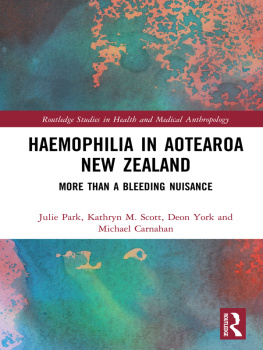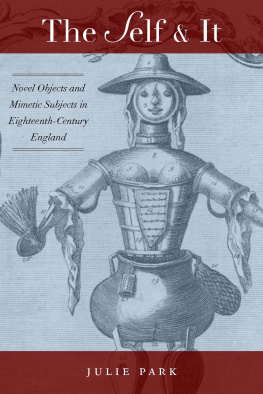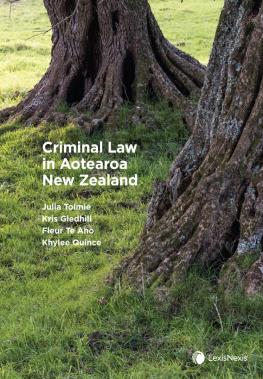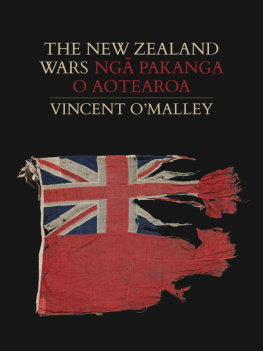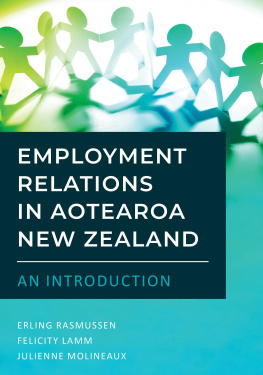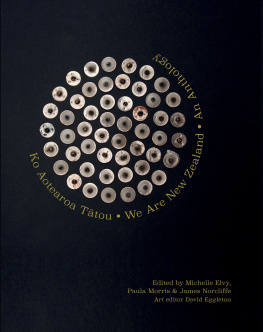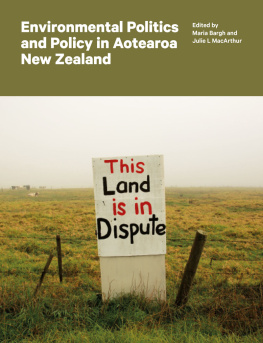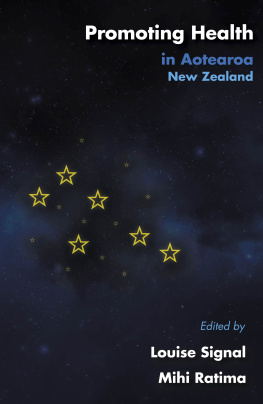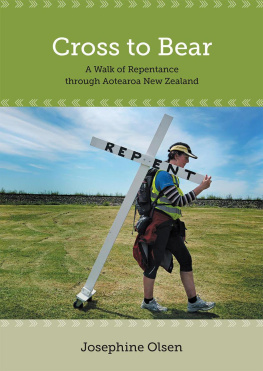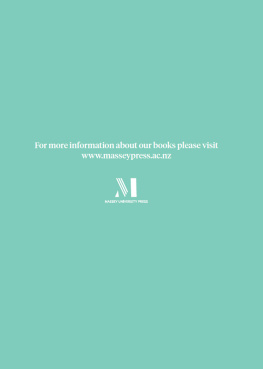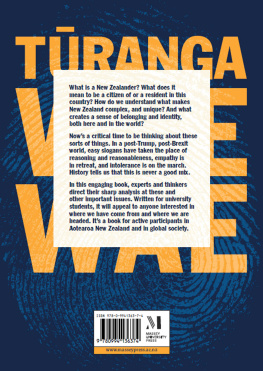Table of Contents
Haemophilia in Aotearoa
New Zealand
More Than A Bleeding Nuisance
Haemophilia in Aotearoa New Zealand provides a richly detailed analysis of the experience of the bleeding disorder of haemophilia based on long-term ethnographic research. The chapters consider experiences of diagnosis; how parents, children, and adults care and integrate medical routines into family life; the creation of a gendered haemophilia; the use and ethical dilemmas of new technologies for treatment, testing and reproduction; and how individuals and the haemophilia community experienced the infected blood tragedy and its aftermath, which included extended and ultimately successful political struggles with the neoliberalising state. The authors reveal a complex interplay of cultural values and present a close-up view of the effects of health system reforms on lives and communities. While the book focuses on the local biology of haemophilia in Aotearoa New Zealand, the analysis allows for comparison with haemophilia elsewhere and with other chronic and genetic conditions.
Julie Park is Professor Emerita of Anthropology at the University of Auckland, New Zealand.
Kathryn M. Scott works in social research and advocacy. She is an Honorary Research Fellow in Anthropology at the University of Auckland, New Zealand.
Deon York works in the health sector. He is currently President of the Haemophilia Foundation of New Zealand (HFNZ) and on the Board of Directors of the World Federation of Hemophilia (WFH).
Michael Carnahan has worked in health services management and is former President of the Haemophilia Foundation of New Zealand (HFNZ).
Routledge Studies in Health and Medical Anthropology
Depression in Kerala
Ayurveda and mental health care in 21st century India
Claudia Lang
Diagnosis Narratives and the Healing Ritual in Western Medicine
James P. Meza
The Anthropology of Epidemics
Christos Lynteris, Frdric Keck and Ann H. Kelly
Haemophilia in Aotearoa New Zealand
Julie Park, Kathryn M. Scott, Deon York, and Michael Carnahan
www.routledge.com/Routledge-Studies-in-Health-and-Medical-Anthropology/book-series/RSHMA
First published 2019
by Routledge
2 Park Square, Milton Park, Abingdon, Oxon OX14 4RN
and by Routledge
52 Vanderbilt Avenue, New York, NY 10017
Routledge is an imprint of the Taylor & Francis Group, an informa business
2019 Julie Park, Kathryn M. Scott, Deon York, and Michael Carnahan
The right of Julie Park, Kathryn M. Scott, Deon York, and Michael Carnahan to be identified as authors of this work has been asserted by them in accordance with sections 77 and 78 of the Copyright, Designs and Patents Act 1988.
All rights reserved. No part of this book may be reprinted or reproduced or utilised in any form or by any electronic, mechanical, or other means, now known or hereafter invented, including photocopying and recording, or in any information storage or retrieval system, without permission in writing from the publishers.
Trademark notice: Product or corporate names may be trademarks or registered trademarks, and are used only for identification and explanation without intent to infringe.
British Library Cataloguing-in-Publication Data
A catalogue record for this book is available from the British Library
Library of Congress Cataloging-in-Publication Data
A catalog record has been requested for this book
ISBN: 978-0-367-13444-0 (hbk)
ISBN: 978-0-429-02652-2 (ebk)
Typeset in Sabon LT Std
by Cenveo Publisher Services
To all people with haemophilia and those
who care for them.
Contents
Figures
Table
| ACC | Accident Compensation Corporation (initially Commission), established in 1974 |
| AIDS | Acquired immunodeficiency syndrome |
| AGM | Annual General Meeting |
| BTAC | Blood Transfusion Advisory Committee (NZ) |
| CDC | Centres for Disease Control (US) |
| CHE | Crown Health Enterprise: the name for erstwhile hospitals under the RHAs (New Zealand) |
| CSL | Commonwealth Serum Laboratories established 1916 by the Australian Government, which processed New Zealand blood. Established in 1991 as a public company and now named CSL Behring |
| CVS | Chorionic villus sampling: a prenatal testing method using the hair-like structures or villi |
| DHB | District Health Board: 21 (currently 20) of these were established in NZ in 2000 to fund and provide public health services |
| DNA | Deoxyribonucleic acid carries genetic instructions for growth and development, for functioning, and for reproduction |
| FVIII | Factor Eight: Haemophilia A |
| FIX | Factor Nine: Haemophilia B |
| GE or GM | Genetic engineering or Genetic modification |
| GP | General Practitioner: Family medicine doctor |
| HCV | Hepatitis C virus |
| HFNZ | Haemophilia Foundation of New Zealand (Inc) |
| HIV | Human immunodeficiency virus |
| IV | Intravenous |
| IVF | In vitro fertilisation: used in conjunction with PGD for haemophilia |
| NHMG | National Haemophilia Management Group, established 2006 |
| NGO | Nongovernment Organisations |
| NZHS | New Zealand Haemophilia Society Inc (former name of HFNZ) |
| PCR | Polymerase chain reaction: a technique that allows small pieces of DNA to be replicated |
| PGD | Preimplantation genetic diagnosis of embryos |
| PHARMAC | Pharmaceutical Management Authority, established in June 1993 |
| PHO | Primary Health Organisations |
| RHA | Regional Health Authority: four of these spanned NZ from 199397 |
| RNA | RNA or ribonucleic acid is a molecule required to create proteins and is part of a qualitative blood test to determine the presence of hepatitis C in the bloodstream |
| TNV | The next virus - A reference to unknown viruses that may be transmitted by treatment products |
| WFH | World Federation of Hemophilia |
Members of the haemophilia community have shared their stories and sometimes their lives with us in the hope that this research may help others. Our wish is that this book will fulfil this hope. We thank you all: people with haemophilia, clinical specialists, haemophilia nurses, outreach workers, council members, and staff of the Haemophilia Foundation and the many volunteers.
Anthropology colleagues: Christine Dureau, Ruth Fitzgerald, Judith Littleton, Maureen Molloy, Cris Shore, Samuel Taylor Alexander, Susanna Trnka, Catherine Trundle; graduate students in Reading Medical Anthropology (2014): Natalie Daddy, Sarah Haggar, Lakna Jayasinghe, Julie Neville, Sally Raudon, Paul Robertson, Shirin Tuiti; Foundation officers: Richard Chambers, Chantel Lauzon; haemophilia specialists, Julia Phillips and B.J. Ramsay read and commented on earlier versions of individual chapters or the whole manuscript. We are extremely grateful to Laura McLauchlan and Sarah Haggar who brought their fresh eyes to different iterations of the whole manuscript. We acknowledge Elizabeth Berry and John Benseman who helped initiate this research. We thank you all and shoulder responsibility for the remaining errors and infelicities.

